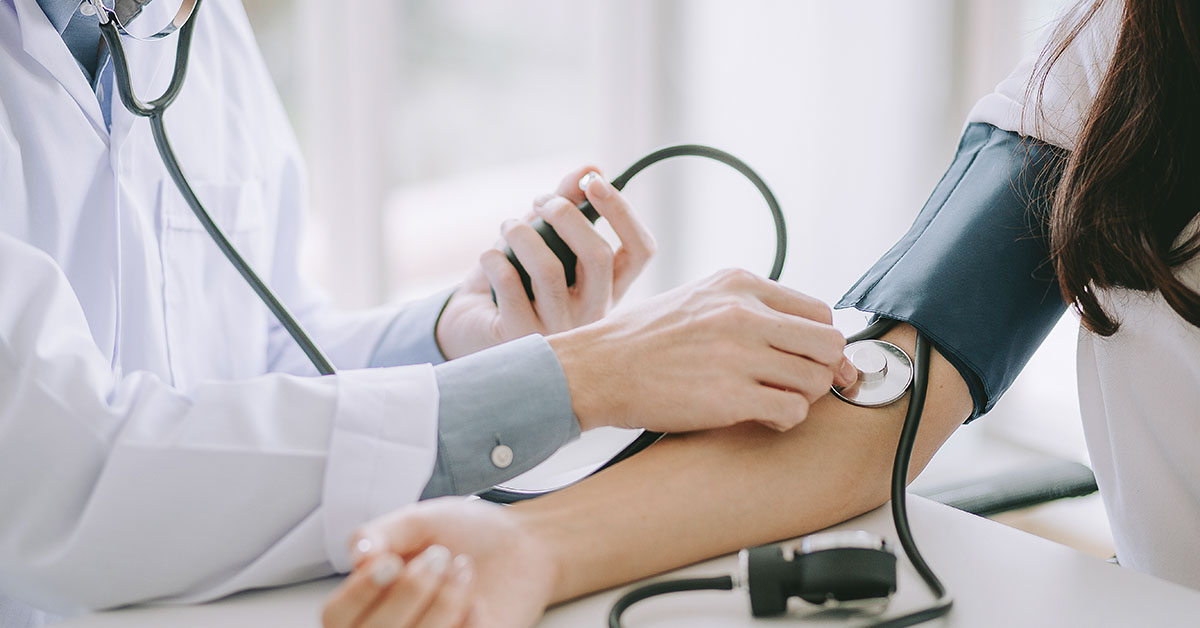High blood pressure (hypertension) is a common medical condition that affects millions of people worldwide. It can lead to serious health problems, including heart disease and stroke. The good news is that there are many natural remedies for high blood pressure. Even if you’ve been diagnosed with it, you may be able to reduce your symptoms without taking medications, or at least by taking the least amount of medications possible.
How To Reduce Blood Pressure Naturally

Reducing and controlling our blood pressure doesn’t have to be complicated. While it is important to follow your healthcare practitioner’s advice, particularly if they have prescribed you medications for high blood pressure, these meds aren’t the only way to improve these stats. In many cases, just some basic lifestyle changes can go a long way. This is how you can reduce and control your blood pressure naturally.
1. Increase activity and exercise more

Regular physical activity can help manage high blood pressure by lowering stress levels, improving heart function and strengthening the muscles around your heart. You should aim for at least 30 minutes of moderate-intensity aerobic exercise on most days of the week. This includes things like walking briskly or playing tennis or badminton. Including strength training in your routine will also help to improve your overall health and fitness. Overtime, you can increase the duration and intensity as you get more fit. (1)
You can also add more physical activities into your day to make yourself, overall, more active. This is as simple as taking the stairs, parking a few blocks away from work, and choosing to walk or cycle whenever possible.
2. Eat a healthy, balanced diet
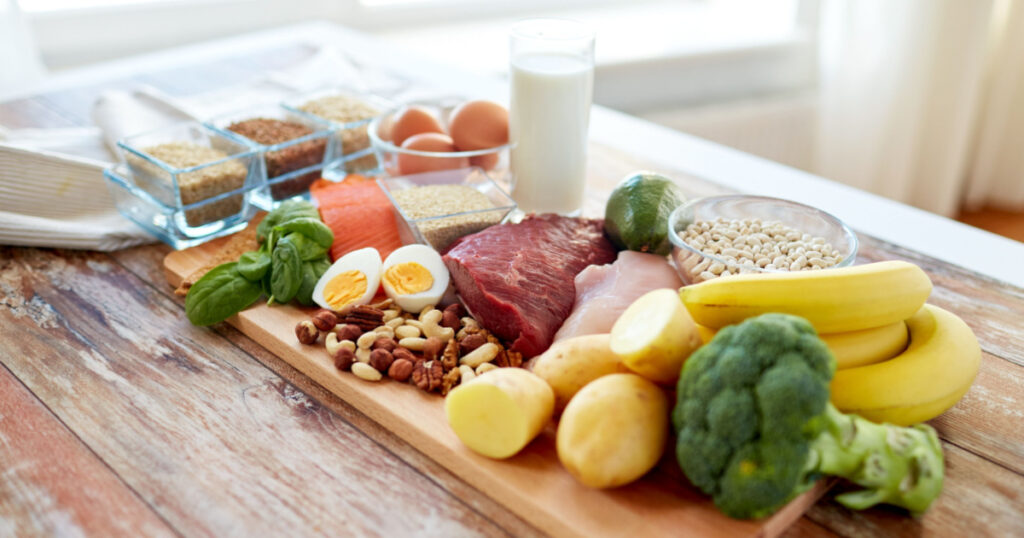
It’s important to eat a healthy, balanced diet to help manage your blood pressure. This will include plenty of fresh fruit and vegetables, whole grains, low-fat dairy products, and lean meat or fish. You should also reduce the amount of sugary drinks and processed foods you consume, as these can increase your risk of high blood pressure. Reducing the amount of overall salt in your diet will also be important. The best way to do this is to limit the amount of processed and fast foods you eat. When you cook at home, you can better control what goes into your food. (2)
3. If you’re overweight, lose weight
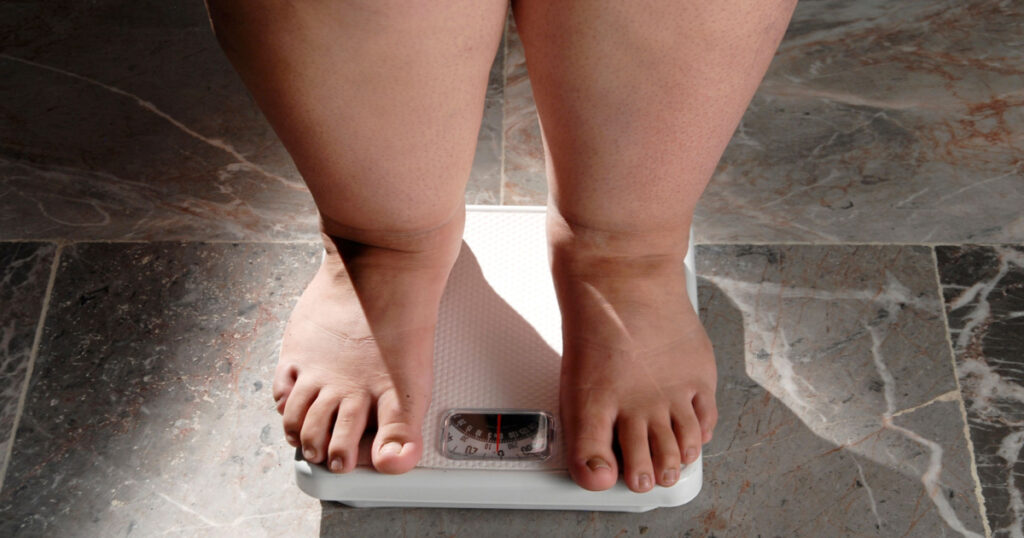
If you’re overweight, losing weight can help lower your risk of high blood pressure. This is because excess fat puts added strain on your heart by raising blood pressure levels in some people. You can achieve this by improving your diet and by exercising more. There are plenty of professionals, such as dietitians and personal trainers, who can help you make the necessary lifestyle changes to achieve this goal. (3)
4. Stop Smoking
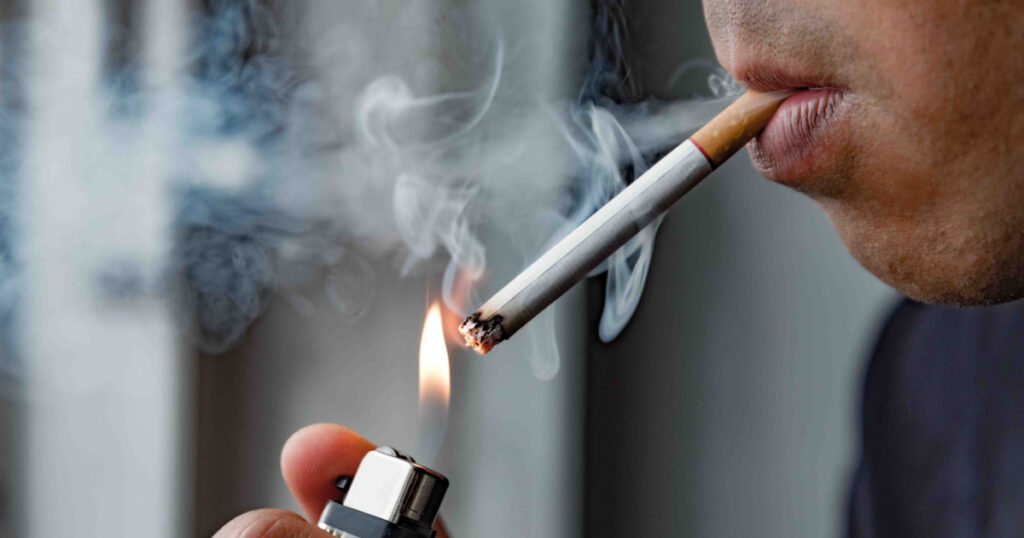
Smoking increases your risk of high blood pressure. This is because nicotine constricts the blood vessels, which prevents them from relaxing as they should. This, in turn, raises your heart rate and blood pressure levels. If you smoke, talk to your healthcare practitioner about ways to quit smoking. There are plenty of resources available to support your journey towards a tobacco-free life. (4)
5. Reduce stress

Stress is one of the most common causes of high blood pressure. This is because it increases your body’s production of adrenaline, a hormone that stimulates your heart rate and raises blood pressure levels. Stress can be caused by many things, including work and family life. If you feel stressed out, try to find ways to reduce this feeling. Deep breathing exercises, meditation, and yoga are all great ways to help reduce stress and anxiety. (5)
6. Include medicinal herbs in your diet.
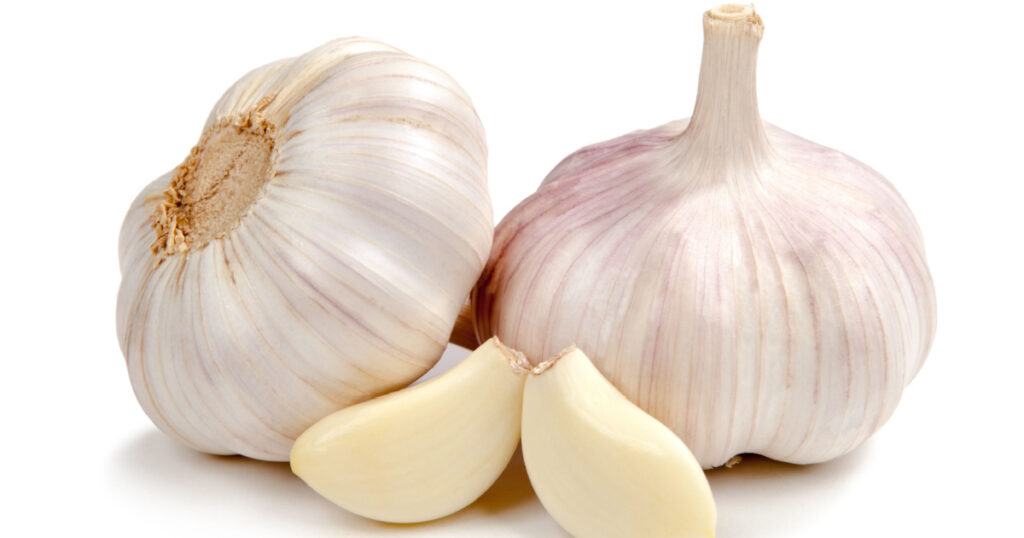
Medicinal herbs have been used for centuries to treat many different ailments, including high blood pressure. Some of the most effective natural remedies for hypertension include:
- Hawthorn berries, which are known to lower blood pressure by relaxing the smooth muscles of your heart and vessels (6)
- Red clover, which is a rich source of phytoestrogens that can help reduce estrogen dominance in women; (7)
- Garlic, which contains allicin compounds that thin the blood and lower cholesterol levels. (8)
7. Get a good night’s sleep
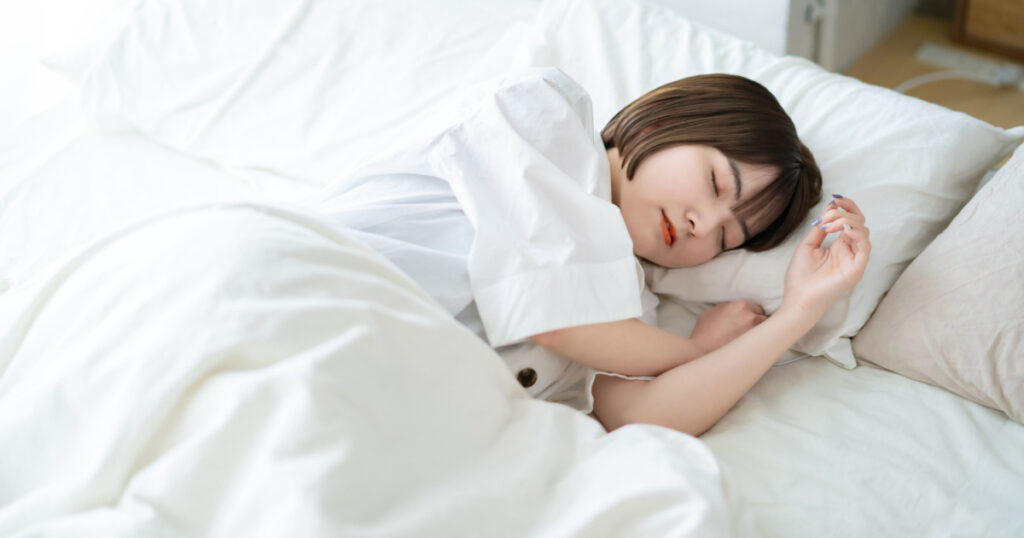
Getting a good night’s sleep is one of the best ways to reduce stress. The body produces more cortisol when you don’t get enough sleep, which can lead to high blood pressure. Try to get at least seven hours of uninterrupted sleep each night. If you have trouble falling asleep, try taking a hot bath or reading before bed instead of watching TV or using your smartphone until it’s time for lights out. (9)
8. Take blood pressure-lowering supplements
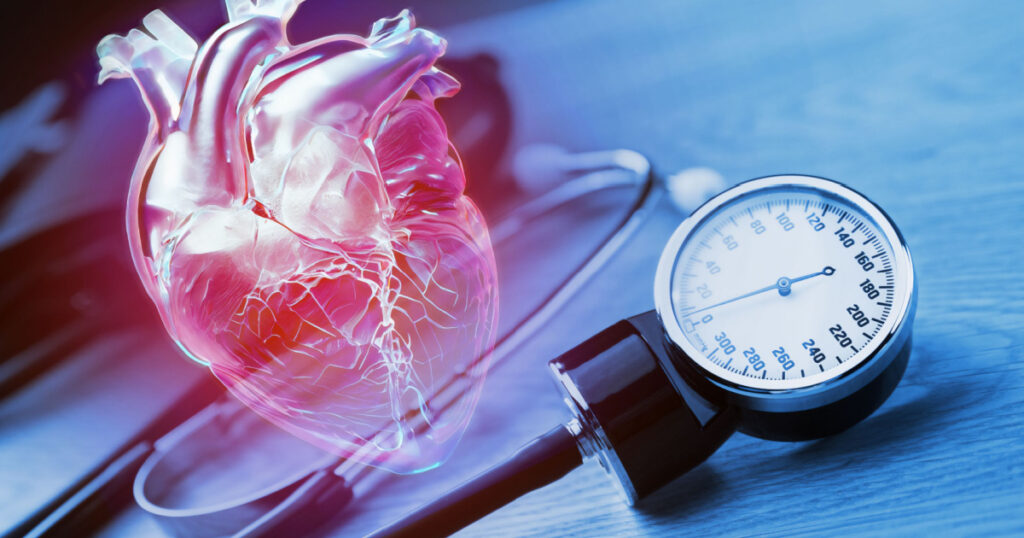
Taking supplements can be a good way to reduce your blood pressure. Omega-3 fatty acids and magnesium are two supplements that have been shown to help lower blood pressure. Omega-3 fatty acids may also reduce inflammation and lower the risk of heart disease and stroke. Magnesium has been shown to relax blood vessels, which can lower blood pressure. (10, 11)
9. Drink less alcohol
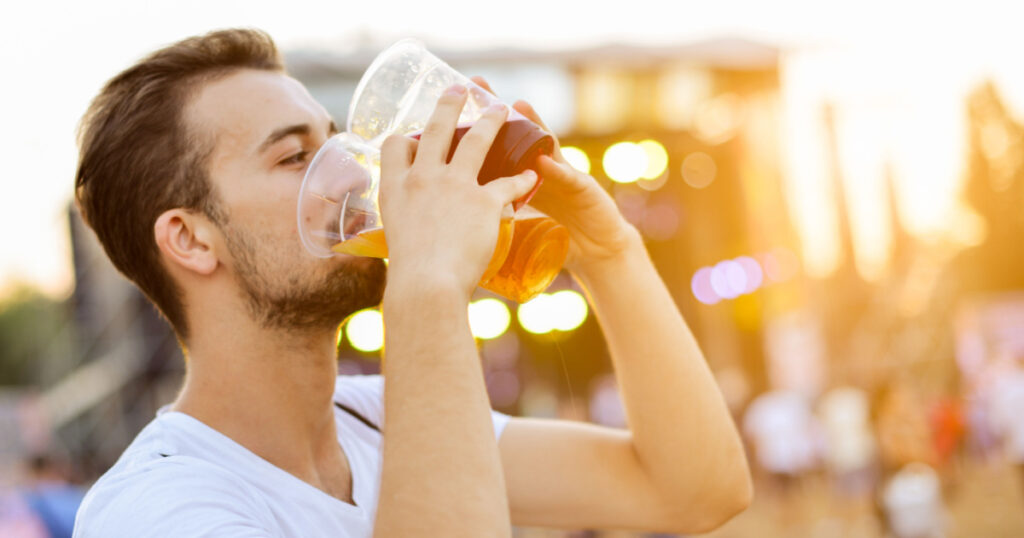
Alcohol can increase your blood pressure and make you more likely to develop high blood pressure. If you have high blood pressure, it’s important to limit alcohol intake or cut it out altogether. This is because even moderate amounts of alcohol are associated with an increased risk of heart disease. Alcohol is also high in “empty” calories. These provide no nutritional benefit and add to total daily intake, which is not good when you are trying to lose weight. (12)
10. Cut back on caffeine intake
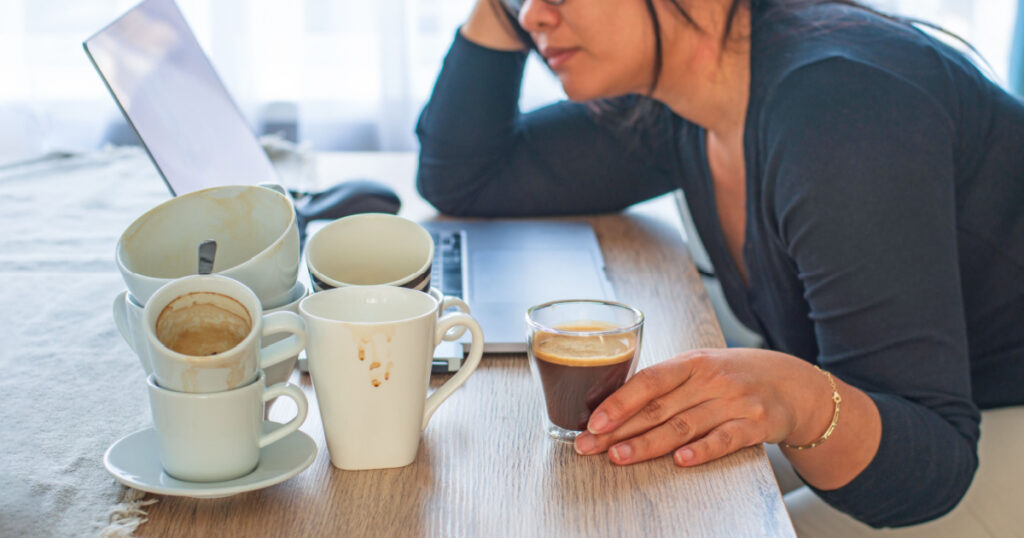
Caffeine is a stimulant that can increase blood pressure when consumed in large amounts (more than 400 mg per day). This may be particularly true for people who are sensitive to caffeine. Avoiding caffeinated beverages, such as coffee and tea, is one way to limit your intake of caffeine. (13)
The Bottom Line

Keeping high blood pressure in check is not so complicated to do. Following a healthy lifestyle with plenty of healthy food, exercise, and good sleep will take you a long way. If you are already on blood pressure medication, don’t stop taking it just because you are making lifestyle changes. Make the changes, and as your heart health improves, your healthcare practitioner will hopefully be able to slowly take you off of some (if not all) of them.
Keep Reading: The Power of Natto, a Japanese Superfood
Sources
- “2019 ACC/AHA Guideline on the Primary Prevention of Cardiovascular Disease: A Report of the American College of Cardiology/American Heart Association Task Force on Clinical Practice Guidelines.” AHA Journals. Donna K. Arnett, et al. March 2019.
- “What can people do to lower diastolic blood pressure?” Medical News Today. Jenna Fletcher. July 28, 2020
- “Long‐term effects of weight‐reducing diets in people with hypertension.” Cochrane Library. Thomas Semlitsch, et al. February 2021
- “High Blood Pressure.” AAFP. 2004.
- “10 ways to control high blood pressure without medication.” Mayo Clinic. Mayo Clinic Staff.
- “The effect of hawthorn (Crataegus spp.) on blood pressure: A systematic review.” Science Direct. Alexa Cloud, et al. September 2020.
- “Effects of dietary supplementation with isoflavones from red clover on ambulatory blood pressure and endothelial function in postmenopausal type 2 diabetes.” PubMed. J B Howes, et al. September 2003.
- “Garlic lowers blood pressure in hypertensive subjects, improves arterial stiffness and gut microbiota: A review and meta-analysis.” NCBI. Karin Ried. February 2020.
- “Short- and long-term health consequences of sleep disruption.” NCBI. Goran Medic, et al. May 2017.
- “Long-Chain Omega-3 Fatty Acids Eicosapentaenoic Acid and Docosahexaenoic Acid and Blood Pressure: A Meta-Analysis of Randomized Controlled Trials.” OUP. Paige E. Miller,, et al. July 2014.
- “Hypertension and Cardiometabolic Risk Factors.” Hindawi
- “ALCOHOL IS BAD FOR BLOOD PRESSURE.” Wiley. Ian B Puddey and Lawrence J Beilin. August 10, 2006.
- “Randomized Controlled Trial of High‐Volume Energy Drink Versus Caffeine Consumption on ECG and Hemodynamic Parameters.” AHA Journals. Emily A. Fletcher, et al. April 26, 2017.
Disclaimer: This information is not intended to be a substitute for professional medical advice, diagnosis or treatment and is for information only. Always seek the advice of your physician or another qualified health provider with any questions about your medical condition and/or current medication. Do not disregard professional medical advice or delay seeking advice or treatment because of something you have read here.
